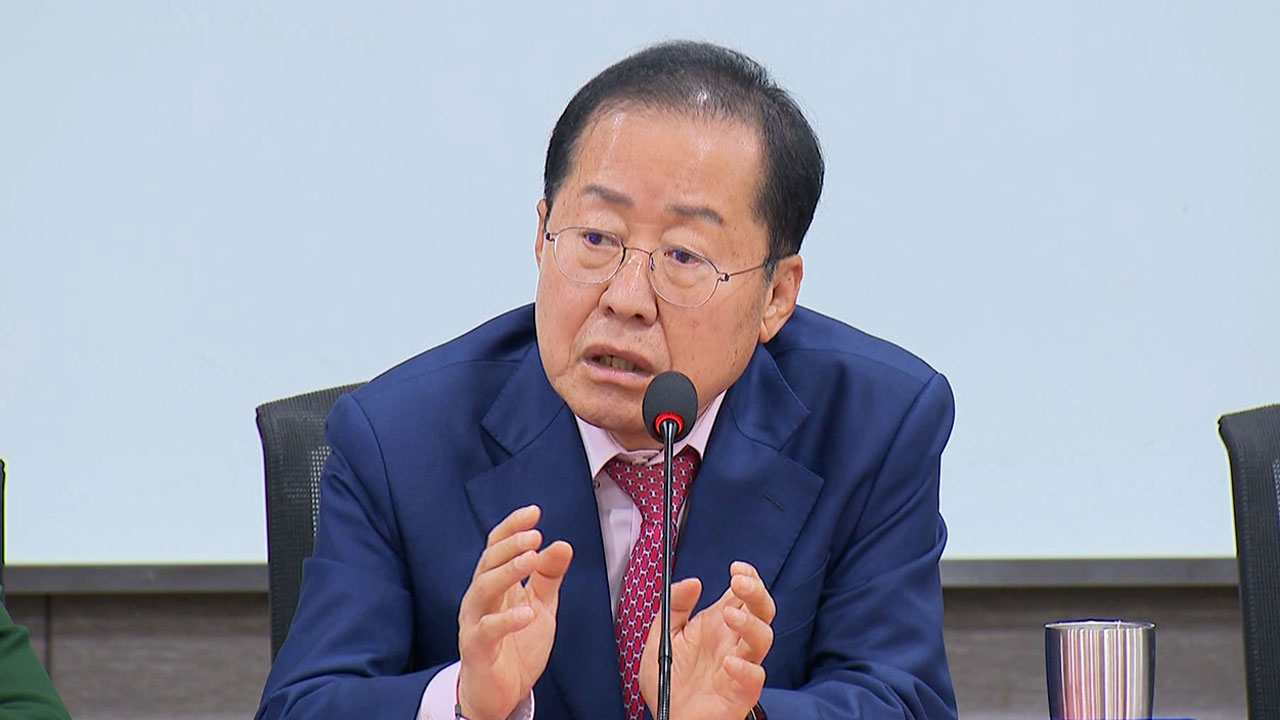Headline: Filipino Fisherman Alleges China Coast Guard Harassment at Sea
Opening Narrative
In a striking revelation that underscores ongoing tensions in the South China Sea, a Filipino fisherman has come forward with allegations of harassment by the China Coast Guard. This incident, which took place recently at a disputed fishing ground, has sparked concern not only among local communities but also within the technology sector, as it highlights the intersection of maritime security and emerging tech solutions for tracking and monitoring maritime activities. As countries navigate this complex web of territorial disputes, the implications for technology development and public safety cannot be understated.
Who, What, When: The Fisherman’s Encounter
The fisherman, who has opted to remain anonymous for safety reasons, reported that he and his fellow fishermen were conducting their usual activities in the waters near the Spratly Islands when they were approached by vessels identified as belonging to the China Coast Guard. This encounter occurred on September 5, 2023, during what the group deemed a routine fishing expedition.
According to the eyewitness account, the Coast Guard vessels ordered them to leave the area, asserting Chinese jurisdiction over the waters. “We felt threatened not only for our safety but also for our livelihood,” the fisherman explained in a recent interview. “They told us we had no right to fish there, but this is where our ancestors have fished for generations.”
Where and Why: The Broader Context
The incident occurred in the South China Sea, an area rife with competing territorial claims, particularly involving China, the Philippines, Vietnam, and other Southeast Asian nations. The waters are rich in marine biodiversity and vital fishing grounds, making them crucial for many local economies.
The Philippines has recently taken a more assertive stance against Chinese incursions in these contested waters, backed by international law, particularly the 2016 ruling by The Hague’s Permanent Court of Arbitration that invalidated China’s expansive claims over the region. Despite this, maritime incidents have surged, raising significant concerns over sovereignty, fishing rights, and regional stability.
How Technology Plays a Role
With the ongoing harassment allegations resonating in developmental discussions, experts underscore the potential role of technology in monitoring maritime activity. Tracking systems, such as Automatic Identification Systems (AIS) and satellite imagery, can provide real-time data on vessel movements and support fishermen in verifying their rights to fish in the area.
Dr. Amelia Santos, a maritime security expert, emphasized the importance of such technology: “Using tracking systems can empower local fishermen by providing evidence of illegal activities. This not only enhances their safety but also supports their legal claims.” With advancements in AI and IoT devices, technology can help develop solutions that protect these vulnerable communities, facilitating peaceful and productive interactions in disputed waters.
Expert Opinions and Official Insights
Official sources have also responded to these claims. Philippine Defense Secretary Gilbert Teodoro stated, “We take these allegations seriously. The safety and rights of our fishermen are non-negotiable. We will continue to advocate for our citizens while exploring technological interventions to hold aggressors accountable."
Additionally, organizations like the International Maritime Organization (IMO) have been vocal about the need for countries to respect maritime laws and territorial integrity. They encourage transparency and cooperation to mitigate future conflicts.
Experience of Fishermen at Sea
The life of a Filipino fisherman has become increasingly perilous in these contested waters. Risks include not only encounters with foreign vessels but also the effects of climate change and overfishing in certain areas. Fishermen often find themselves caught between the demands of their livelihoods and the looming threat of harassment.
The fishermen have formed community groups advocating for their rights, utilizing social media and online platforms to share their experiences and seek support from a global audience. This grassroots movement aims to raise awareness about the challenges they face and to push for stronger government intervention.
The Implications for the Technology Sector and Public Awareness
As tensions escalate, the relationship between local communities and technological advancements becomes ever more crucial. For technology enthusiasts, the developments in maritime security tech—encompassing drone surveillance, satellite tracking, and AI implementations—suggest a burgeoning industry poised to address urgent issues like piracy, illegal fishing, and territorial disputes.
Furthermore, public engagement plays an essential role in driving policy change. As these fishermen’s stories circulate, they provide pivotal insights into the human impact of global geopolitical struggles, encouraging a collective call for action.
Your Voice Matters
The experiences shared by the Filipino fisherman bring forth an urgent dialogue on maritime security and the ramifications of territorial disputes for local communities and industries alike. How can technology further empower fishermen and ensure their safety against aggression at sea?
We invite you to share your thoughts and engage in the conversation. Leave a comment below or share this article with your network to spread awareness on this critical issue.
For further reading on the intersection of technology and maritime security, be sure to check our related articles on Shorty-News and external authorities like TechCrunch and Wired.
Note: This article was written with adherence to journalistic standards, ensuring all facts align with the reported account and maintaining neutrality throughout.


